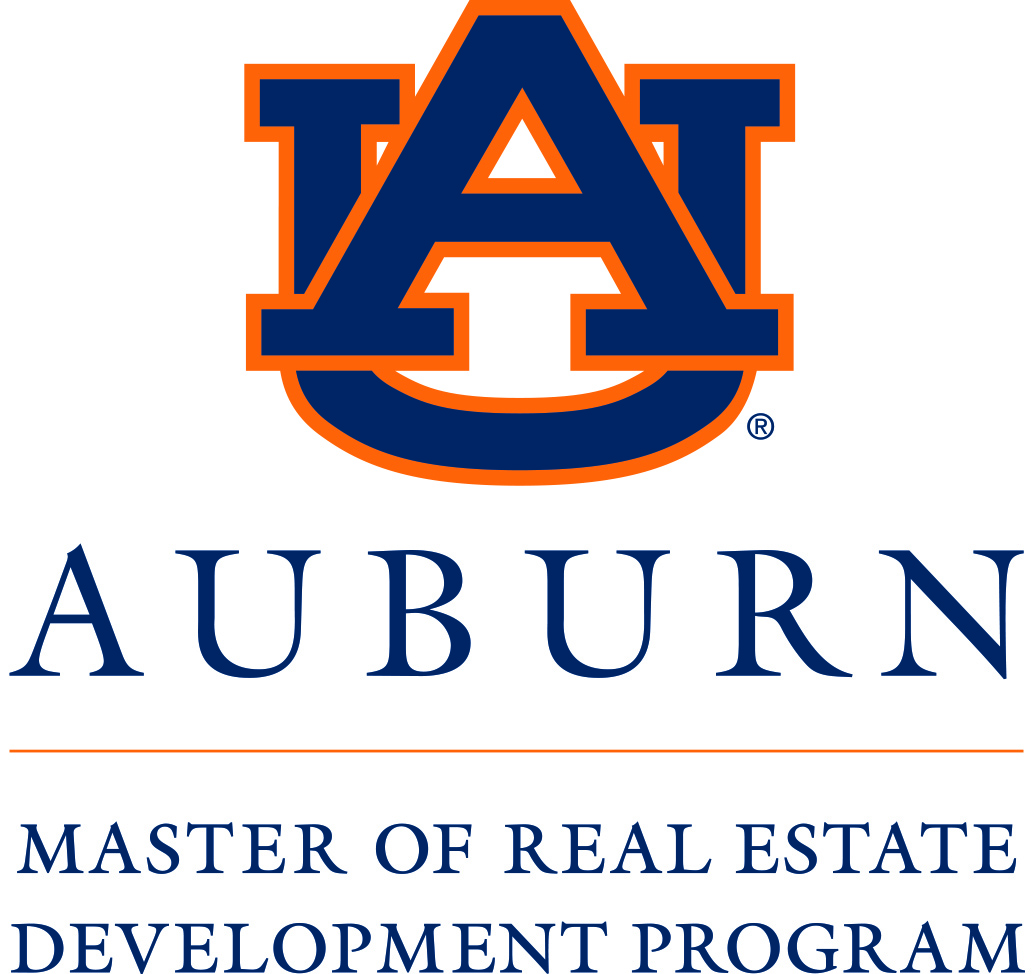‘Not A Competition, But A Human Right’: Auburn University Event To Explore Affordable Housing

The numbers are stark: The United States has a shortage of nearly 7 million housing units, the National Association of Realtors has reported, attributing the shortfall to “decades of underinvestment and underbuilding.”
This underinvestment has particularly impacted lower- and middle-income families, a fact that became more apparent as many people struggled to find housing or pay their rent or mortgages during the pandemic.
“The lack of affordable housing has been a constant issue in this country for decades,” said Damon Duncan, an affordable housing industry veteran and the principal and owner of consulting and development firm Clesia Ventures LLC. “The pandemic has really brought to light the fact that even moderate-income families are just a few paychecks away from losing access to housing.”
The NAR declared that a “once-in-a-generation response is needed” to address the housing crisis. Fortunately, a growing number of people are heeding the call.
“Apartment builders, local municipalities, designers, contractors and housing authorities all are exploring more efficient and practical solutions for a new supply of affordable rental housing,” said Greg Winchester, founder and CEO of Summit Investors and an adjunct professor at Auburn University. “In addition, we are starting to see more private/public partnerships being created to enhance housing supply in needed locales.”
Professionals in this sector will be able to share ideas at an event hosted by Auburn University’s Master of Real Estate Development program May 25 at Truist Park in Atlanta. The event will include panel discussions on affordable housing as well as networking opportunities.
“We want to promote smart, sustainable solutions within the construction industry to encourage the responsible use of natural resources and contribute to affordability with low operating costs,” said Duncan, an MRED graduate and one of the organizers of the event.
Winchester, who is also MRED’s head of industry and alumni relations, is working with Duncan on the event.
“This will bring leaders in affordable and rental housing to one terrific world-class venue to learn, explore and network with each other,” Winchester said.
One leader in the industry is Joseph Anderson, CEO of the City of Muncie Housing Authority and a member of the MRED class of 2022. His small Indiana city suffers from a poverty rate of 31%, and to Anderson, addressing the issue is about seeking justice.
“Prospective homeowners have seen costs surge and supply shortages affect everything since the pandemic,” Anderson said. “There is a shortage of quality homes for renters as well as affordable homes to be purchased. Darren Walker, president of The Ford Foundation, said it best: We need to move ‘from generosity to justice.’”
Affordable housing is quickly becoming a top priority in communities across the country. However, Duncan noted that a stumbling block to adding more affordable housing is the intense competition among stakeholders for a limited supply of resources.
“Developers, lenders and general contractors are finding creative ways to deliver quality housing products to the marketplace in a timely fashion,” he said. “But the fact remains that many are competing for the same resources to fund their projects. Affordable or accessible housing should not be a competition, but a human right.”
The upcoming event is organized through MRED’s CityBuilders initiative, which seeks to educate CRE professionals throughout the Southeast.
The MRED program educates its graduate students about issues impacting affordable housing. Its curriculum includes courses on project management, capital markets, contract negotiations and financial analysis, which Duncan said are particularly useful to grads who plan to participate in the affordable housing space. MRED also offers workshops on affordable housing and partners with industry trade groups to offer certificate courses.
Affordable housing projects often involve partnerships between public and private sector stakeholders, and Anderson said MRED has helped prepare him for this sort of teamwork.
“It has helped me to understand things from the other side of the table,” Anderson said. “I feel more comfortable as our agency moves forward in working with the various partners.”
Duncan said his advice to participants in the affordable housing sector is to “partner, partner, partner. Because of the scarcity of resources for affordable housing and supportive human services, we must rely heavily on partnerships to achieve the goal of community transformation.”
Learn more about Auburn’s program, The Future of Affordable Rental Housing and Real Estate Development — Innovation, Capital and Partnerships.
This article was produced in collaboration between Studio B and the Auburn Master of Real Estate Development program. Bisnow news staff was not involved in the production of this content.
Studio B is Bisnow’s in-house content and design studio. To learn more about how Studio B can help your team, reach out to studio@bisnow.com.

